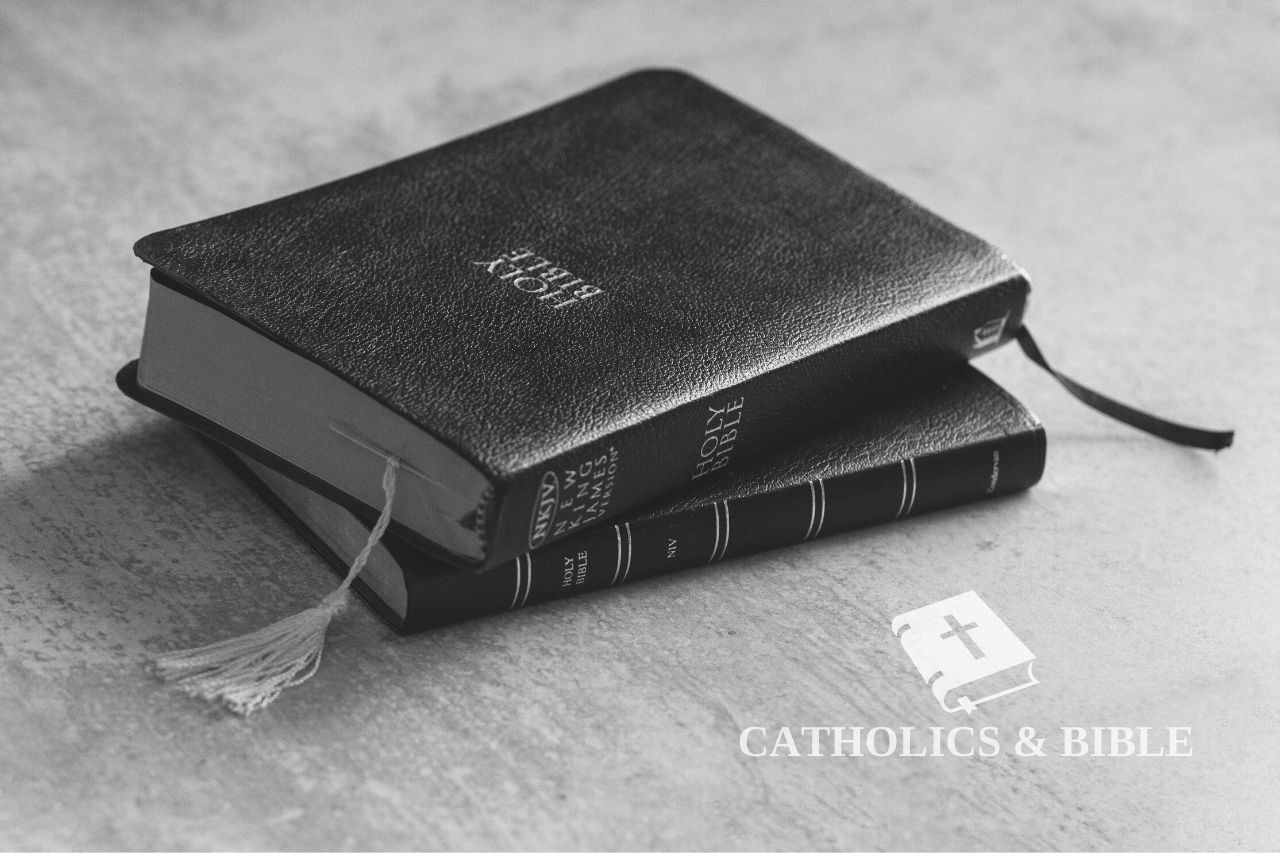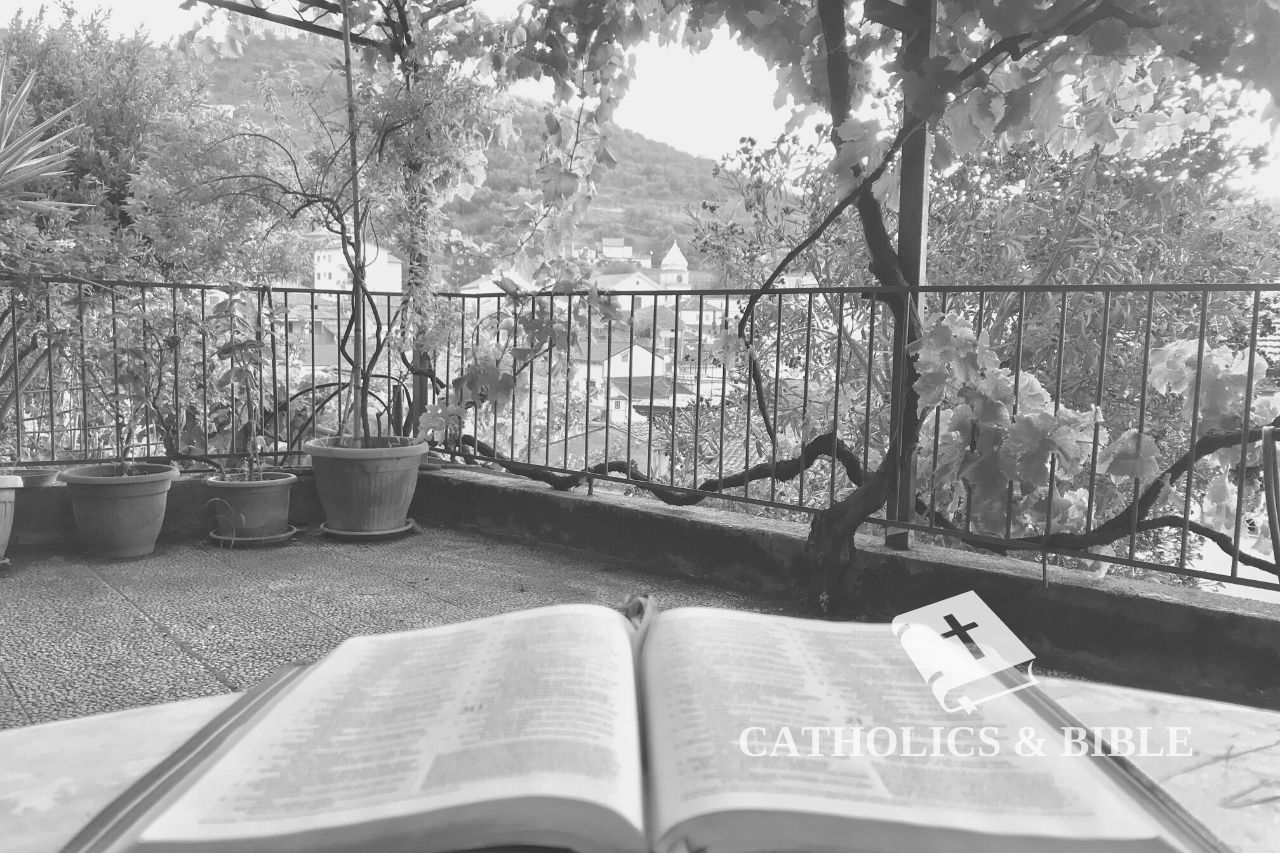What does a table symbolize in the Bible? Ancient Biblical cultures especially in the Jewish setting used a table for different purposes. The most obvious was the use of the table as a place to serve food where every family member came around and dined. In other cases, people had tables in their rooms for storage or resting.
However, apart from the little meaning of the table, the Bible has a lot of symbolism around the table and its usage. In the sections that follow, we shall look at some of the top symbolisms to give you a grasp of what the Bible means in those contexts.
What You'll Learn Today
A Symbol of Care and Generosity

In the Book of 2 Kings 4:10, the Bible talks of the Shunammite woman,
“Let’s make a small room on the roof and put in it a bed and a table, a chair and a lamp for him. Then he can stay there whenever he comes to us.”
Despite what the woman had in terms of possessions; she prepared a table for the prophet Elisha as a sign of generosity unto the people of God.
The preparation of the table was a symbol that Elisha was welcome not only to eat, but also to lay his head. Bearing in mind that she had to go an extra mile to make the upper chamber, it showed the level of care and commitment that she had.
A Symbol of God’s Provision
In the Book of Psalm 23:5, the Bible says,
“You prepare a table before me in the presence of my enemies. You anoint my head with oil; my cup overflows.”
All through Psalm 23, the Bible portrays the Lord as being our shepherd, provider, peace, protector, and our rest through every circumstance.
It is not the desire of God to leave us alone. Even after we pass through the valley of death, the Lord continues to hold our hand and bless us in our ways.
When we put our trust in God, He will not let us down but provide for us everything we need. When He speaks about laying for us a table in front of our enemies, God means He will satisfy us with abundance and everlasting love.
As His children, we can feed from His table without any fear that the enemy will take away our provision. The only thing is they will feel annoyed about our victory and prosperity despite the obstacles they have placed in our way.
Symbol of Destruction
In Psalm 69, David writes about an urgent plea for help because he is in trouble. He calls upon the Lord to save him because of the waters that have swollen up to his neck. He cries about the enemies who are about to harm him, yet he is innocent.
In his request to the Lord for the affliction that the enemy has dealt over him, he requests the Lord to turn the table that they had laid before them into a snare so that they can be destroyed.
In this case, the table becomes the symbol of destruction instead of merry and celebration. He also speaks of their wellbeing to be turned into a trap and their eyes be darkened so that they cannot see.
It is quite interesting that the Lord can use anything both good and bad for punishment. In this case, a table that the enemy has prepared can be turned against them so that it ensnares them.
A Symbol of Wisdom

In the Book of Proverbs 9, the Bible personifies wisdom. It talks of what wisdom does when it is allowed to take over the life of man. The Bible says in Proverbs 9:1-2,
“Wisdom has built her house, she has hewn out her seven pillars; She has prepared her food, she has mixed her wine; She has also set her table.”
The writer of Proverbs describes wisdom as a woman full of benefits and blessings to all those who obey. Even those who are simple and lack understanding, wisdom gives protection, provision, and partnership.
The setting of the table is part of the outcomes of wisdom where those who are wise will never lack but will be refreshed always.
A Symbol of Gentile Fraternity
The Bible records that Jesus came to save those who belonged to the household of God, and this meant outrightly the Jewish nation. However, because the Jews did not accept him as the Messiah, he poured out his salvation even to the gentiles. There are very many instances where Jesus extended the grace to the Gentile territory.
In Mark 7:28, the Bible says,
“She replied, “That’s true, Lord, but even the dogs under the table are allowed to eat the scraps from the children’s plates.”
In this setting, a Canaanite woman begs Jesus to deliver her daughter from a demon that had possessed her. However, when Jesus responded that the children’s bread is not for the dogs, the woman saw an opportunity to explain her case before him.
When she speaks of the dogs that feed on the crumbs under the table, she is referring to those of the Gentile ancestry. The Jews have always been fed from the finest of God’s provision and when they could not take it anymore, they crucified Jesus.
But for the Gentiles under the table who receive the provision of the Lord, will find themselves seated with the Lamb at the wedding feast.
A Symbol of Holy Communion
The table of the Lord is one of the most significant events in the Church today. It is a reminder of the Passover celebration that Jesus had with his disciples before being crucified.
It is at the table of the Lord that the disciples were told to take the cup that represented the blood of the Lord and the bread that symbolized his body.
Conclusion
The table refers to a place of honor or destruction depending on where it is used in scripture. In 1Corinthians 10:21, we see a clear differentiation between the two tables.
The Bible says,
“You cannot drink the cup of the Lord and the cup of demons too; you cannot have a part in both the Lord’s table and the table of demons.”
In other areas, the symbolism is that of God’s provision and care or the generosity of others.